Marko Nikolić
Nacimiento : 1946-10-20, Kraljevo, Serbia
Muerte : 2019-01-02
Historia
Marko Nikolić is a Serbian actor. He appeared in more than one hundred films since 1967.

Pesnik
A film made by Danilo Kis's poem "The Revolutionary Poet on the Presidential Ship" on the wreck of Tito's yacht “Seagull” in Rijeka's shipyard with two acting film legends, Radko Polic and Marko Nikolic. The film was edited by the late Marko Glusac.

Miroljub
Milena, una mujer de 50 años, lleva una vida tranquila y próspera junto a su marido Vlada, un antiguo miembro de las fuerzas especiales de policía durante las guerras de Yugoslavia –actualmente un exitoso promotor inmobiliario- y los dos hijos de ambos. Tras un chequeo rutinario en el que los médicos intuyen síntomas de cáncer, Milena sufre un pequeño ataque de histeria y comienza a limpiar su casa en profundidad. En el transcurso de esta tarea, encuentra una cinta de vídeo con imágenes de las actividades llevadas a cabo por Vlada durante la guerra, que incluyen el asesinato de civiles. A partir de este momento, seguimos la evolución de Milena y sus esfuerzos por enfrentarse a la realidad, mientras intenta preservar lo único que le queda en la vida: su familia. (FILMAFFINITY)

Predrag Stanić
The last twelve months in the life of Dejan Stanić, a former general in the Balkan war. For ten years, he was forced to hide from justice, especially the International Criminal Tribunal for the former Yugoslavia, on various undisclosed military bases. He finally found refuge with Slavko, an old man living in a small village in the mountains. Suffering from extreme isolation, Dejan will not only have to face a new environment and a new reality but won’t be able to escape his past.

Milisav Janjić kao starac
The film is picturing the faith of the old Serbian warrior Milisav Janjic, who fought against the German occupation in the Second World War as a member of the "Ravnogorski pokret". The storyline narrates his memories of the past and the war events in the spring of 1941 interwoven with the contemporary moments, the author features the attack of fascist Germany, the April war and the fall of the Kingdom of Yugoslavia, the misfortune placed upon the Serbian people, loss of freedom, birth of the freedom movement in Serbia and one Serbian soldier, who after 70 years of expatriation in America returns to his homeland.

Milisav Janjić
The film is picturing the faith of the old Serbian warrior Milisav Janjic, who fought against the German occupation in the Second World War as a member of the "Ravnogorski pokret". The storyline narrates his memories of the past and the war events in the spring of 1941 interwoven with the contemporary moments, the author features the attack of fascist Germany, the April war and the fall of the Kingdom of Yugoslavia, the misfortune placed upon the Serbian people, loss of freedom, birth of the freedom movement in Serbia and one Serbian soldier, who after 70 years of expatriation in America returns to his homeland.
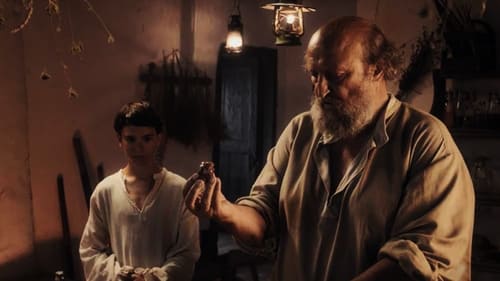
Deda Dušan
While we follow the turbulent life and adventures of Aleksa, 13 year orphan, and his best boarding school friends Gordan, Maya and Vlada Grak, we learn that old and greedy villain Jovica Vuk find out that Aleksa is capable of seeing and finding the group of medieval knights called Zlodolci. They are the keepers of silver secret that enables them to protect, heal and revive those who deserve and therefore, they are capable of changing the course of the history. Jovica Vuk who misused the power to heal passed on him by his father, wants to take over their secret and secure himself the immortality. He tricks Aleksa to led him to them, but fortunately, Aleksa see through his plan. But, is it too late? Will Aleksa and his friends, although still kids, prevail in the final clash and defeat the powerful forces of evil?
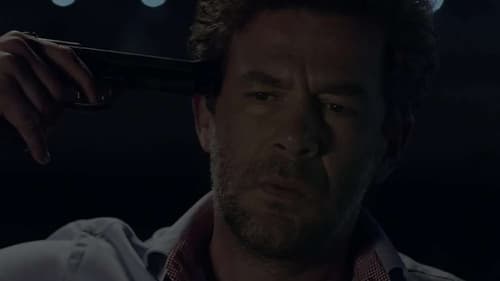
(segment "Sofija")
An omnibus film on children's rights and the problems that the youngest members of our society have to face. Each story tackles a specific theme and has its own hero.
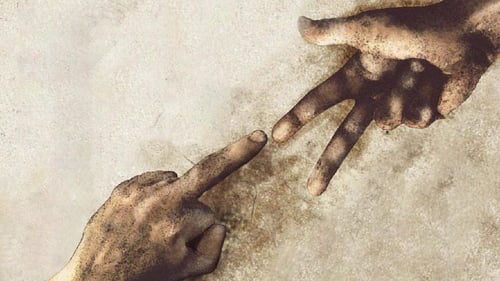
Bogdan
La batalla moderna en la sociedad serbia de la post-guerra donde se enfrenta una mentalidad tradicional, opresa y homofobia mayoritaria, contra la minoría de mente abierta y liberal que apoya el cambio. En medio de la revuelta, Radmilo y Mirko serán una joven pareja de homosexuales cuyo destino se cruza con Lemon, un gángster de mediana edad que termina por aceptarlos y unirse a su causa. Para poder celebrar la marcha del Orgullo Gay y sobrevivir a los grupos organizados de nacionalistas y neonazis, el mafioso decide reunir a conocidos suyos y preparar a sus nuevos amigos para la batalla final. Una mezcla divertida entre el tono cómico del reclutamiento y entrenamiento militar que se convierte en drama para analizar unos de los problemas persistentes en la actualidad.

Karađorđe
Trouble usually starts when the power falls into the wrong hands. That's how the book that hides an ancient evil fell to Stanislav. It does not matter whether Stanislav is a nice guy who helps old ladies cross the street, a psychopath, nerd, or a blood-thirsty young man.

Pijanac Roćko
When the war in Yugoslavia breaks out, an army officer who's ethnic Slovenian yet still believes in Yugoslavia, decides to move to Belgrade. The country continues to fall apart and so does his family failing to find acceptance there.

Milun Petković
A honest and proud Montenegrin is worried about his manager's position. He is married to equally proud Serbian woman who helps him in this difficult times for him. The matter is solved when he meets the government's vice-president, which happens to be his former schoolmate.
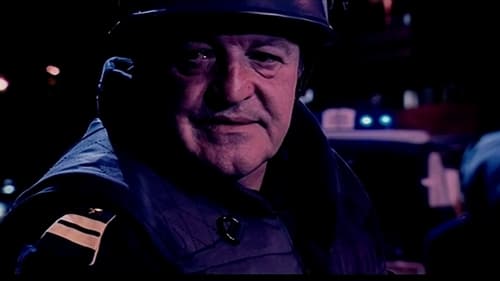
Zmaj
Yugoslavian filmmaker Goran Markovic directs the psychological drama The Cordon. Set in Belgrade over Easter weekend in 1997, the film involves a group of policemen who respond to the city's political turmoil. Due to the overthrow of Serbian leader Slobodan Milosevic, violence and protests have erupted all over the city. Patrolling the streets in a bus driven by Uros (Ratko Tankosic), the unit consists of Crni (Dragan Petrovic), Dule (Nikola Duricko), Kole (Nebojsa Milovanovic), and Seljak (Nenad Jezdic). They are led by commanding officer Dragon (Marko Nikolic), who isn't entirely sure what to do himself. Throughout their weekend-long shift, each man battles with his own personal problems as the political tension escalates. The Cordon won the top prize at the 2003 Montreal World Film Festival.

Boško Belezada
Belgrade in 1992. - breaking up of Yugoslavia, blockade, shortages, food queues, student rebellion. Life of two Belgrade families and personal drama of their members, caused by social breakdown and civil war.

Ratko
Two very different, but aging neighbors, Ratko and Krekich, share a rooftop terrace. Their settled lives are overturned by the arrival of an outgoing young girl, Andja, who takes the empty flat next door. But their dreams of revived youth and love and a better life, outside the strife of Yugoslavia's civil war, are short-lived as jealousy and army duty tear them apart.

Stefan Nikolić
Middle-aged couple try to preserve at least some of their dignified life in times of war, poverty and sanctions.

Milomir Sokolović
Milka is a state employee in the office for approval of the applications for registration of political parties. Her problem is how to make his escaped husband back, while her clients are only worried how to seize power.
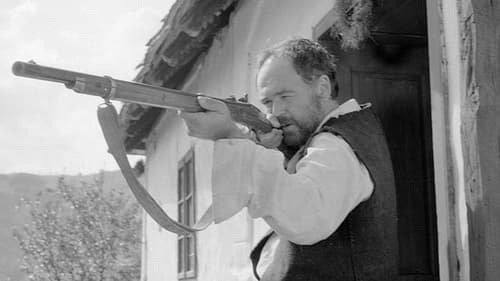
Uzlović
It describes the social process of stratification in the Serbian countryside during late 19th century, which occurs with the penetration of the commodity-money in the countryside. Under new conditions, peasants and farmers are unable to adapt, and rot under the burden of debts.

A group of partisans in Syrmian front gets task to break in the German back up platoon and find out what happened to the previous group of partisan agents who have disappeared without a trace. As it usually happens, the betrayal, personal tragedy and mutual distrust are being unfolded.

Karađorđe
The story about the death of Karadjordje, the elected leader of the First Serbian Uprising that aimed at liberating Serbia from the Ottoman Empire.
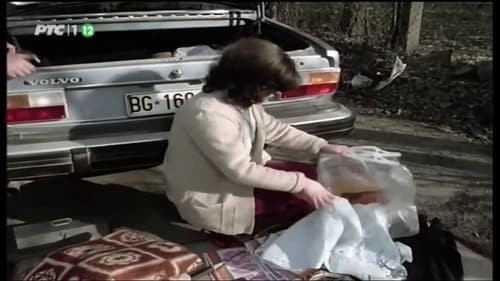
Milorad Stanković, gastarbajter
Dealing with his customers with open heart, a car mechanic named Života goes through many adventures. Some are funny, some are sad, some reveal beauty and other human misery. In the end he gets tangled up himself, and not without bitterness he tries to change his ways, to become like his rival across the street which has adapted to modern times: strictly business. But, people who come to him need him just the way he is.

The story of the capture of General Draza Mihailovic and his Chetniks.

Železničar ilegalac
It is 1941 and the German occupying forces are taking over Yugoslavia, making a train ride to Kraljevo a dangerous game for a secret communist agent carrying important documents. Both the Germans and the police are looking for him on the train, and his safe arrival in Kraljevo seems like an impossibility. His determination to get the papers to the right people keeps him going, even through a gun battle after the train arrives - challenging him to find a way to complete his mission.
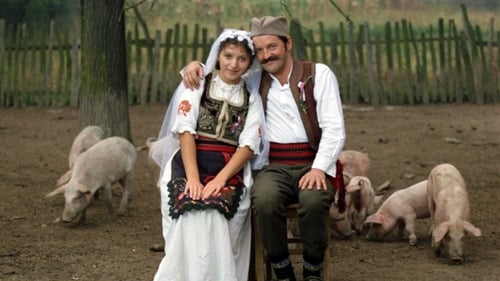
Dobrivoje
This film takes place in a small mining town in Serbia, within a time span covering the prewar, war, and postwar period. A story about tragic life of an illiterate woman from village, about her life with three men she loved. Her life, torn between dreams and reality, is a life of suffering, loneliness, disappointment, hope and love.

Života, veterinar
A TV drama.

Komunista demonstant
The life and death of an educated communist activist who brought Bolshevik ideas to his native Serbia upon his arrival from Russia at the beginning of the 20th century.
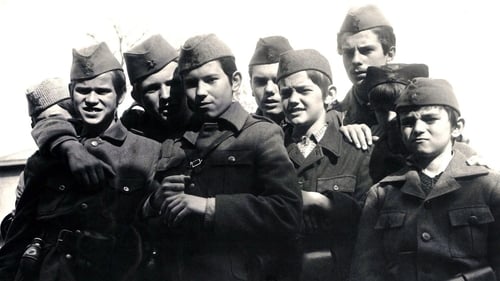
Puškar
The movie is based on the true story about a group of children, barely teenagers, who joined Yugoslav Partizans after losing their families in WW2. At first, Partizans want to get rid of them, but later they are joining combat ranks. Among them, Bosko Buha would become a legend because of his skill in destroying enemy bunkers.

Miša
Autumn, 1941. Tito's partisans are ordered to attack a railway network system used by the Germans, their Bulgarian allies and local collaborators. A bloody battle ensues.

Petar Zorić
In a village of heterogeneous ethnic composition (populated by Serbs and Croats), the local hunter gets wounded by an accidental shot which stirs up passion among the two communities.
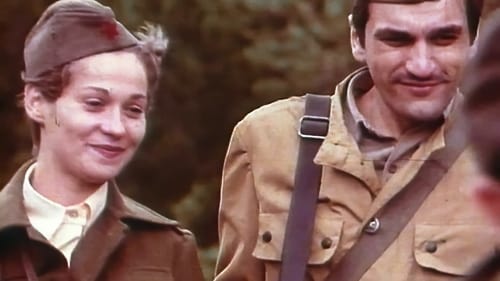
Marko
"Maiden Bridge" is a place of exchange of German prisoners and partisans captured by the Germans. Unit with nine captured Germans is marching towards the bridge. there is double trouble for partisans, since they are surrounded by the hostiles and also going directly into the hands of ruthless enemy leaders.

Mrđan
Experienced crane driver helps a village boy to get along in the big city.

Klaker
In 1941, a few months after German tanks forced Yugoslav Royal Army to capitulate, organized resistance is turning into massive uprising against occupying forces. Partisans, led by the Communist party, manage to chase Germans from huge territory later known as the Uzice Republic. However, forces loyal to King have some other ideas.

Povjerenik glavnog ustaškog stana
A Partisan unit goes into battle with the enemy twice stronger, somehow resists detachment to attack deep into the night, where the fraud are captured combatants from all units and thrown to the terrible torture and eventually murder.
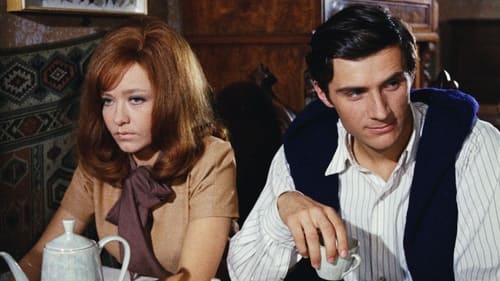
The first days of war in Ljubljana. The young hero Niko experiences the bloody and violent transition from childhood to manhood. Based on the novel by Beno Zupancic.

Seoski milicajac II
Idealistic young man supports the party and the new Yugoslavia's communist regime, but soon gets involved in various political and criminal machinations becoming more and more confused about what's right and what's wrong.

Dragiša
En esta película de corte político y de clara propaganda antistalinista tras la invasión rusa en 1968, un grupo de apasionados comunistas vagabundea por el campo difundiendo las ideas marxistas. Este film tuvo problemas con la censura, justamente porque “una gran parte de público, inocentemente, no se dio cuenta de que los monólogos a modo de eslogan de la mujer que lidera el grupo se habían tomado al pie de la letra de las apasionadas cartas de Marx a Arnold Ruge de 1843 (publicadas con el mismo título que la película), y de fuentes como el Manifiesto comunista”. (FILMAFFINITY)































